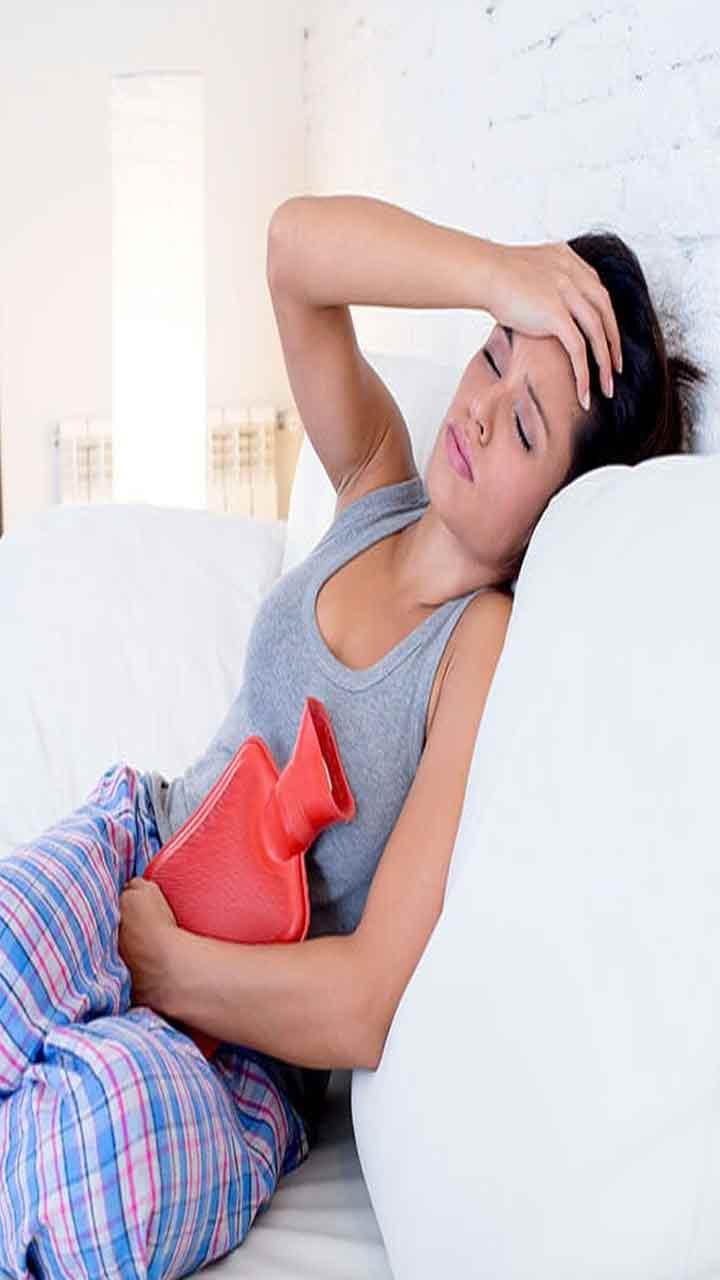

Post-Menstrual Syndrome: Tips to Manage Crankiness After Your Period

Post-menstrual syndrome symptoms are usually mild and not very common. Maintaining a healthy diet and lifestyle can effectively help manage them
Source: Google

A nutritious diet rich in colourful vegetables and fruits, whole grains, nuts, and fish is essential for overall well-being
Source: Google

Cutting back on caffeine, salt, and processed foods can lower inflammation risk, and establishing a good sleep routine will further support your health
Source: Google
If life feels stressful, try soaking your feet in warm water with Epsom salt and lavender oil before bed. Adding a doctor-prescribed ashwagandha supplement might also provide relief
Source: Google
Incorporating spices like turmeric with black pepper, garlic, ginger, and cloves into your diet or concoctions can also aid in reducing inflammation
Source: Google
Women who are more sensitive to hormonal fluctuations, or who have underlying conditions such as thyroid disorders, chronic stress, anxiety, or depression, may be more susceptible to post-menstrual syndrome
Source: Google
Overweight women with unmanaged insulin levels, poor nutrition, unhealthy habits like smoking and drinking, and a sedentary lifestyle may be more prone to post-menstrual syndrome, with genetics playing a minor role
Source: Google
Hormonal sensitivity, genetic factors, lifestyle choices, and stress levels all influence the presence and severity of post-menstrual symptoms
Source: Google
Post-menstrual syndrome is closely tied to lifestyle factors, indicating that a healthy diet and regular exercise can significantly lower the risk of symptoms
Source: Google
Source: